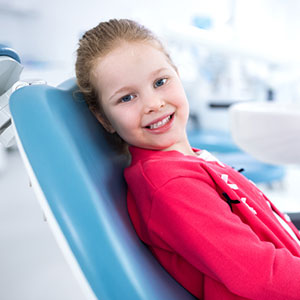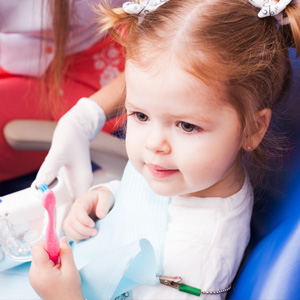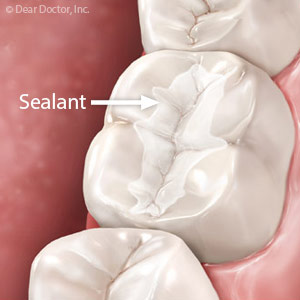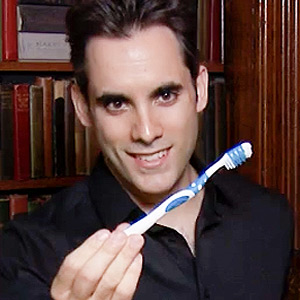

It’s common for kids to be less than enthusiastic about visiting the dentist. For some, though, it’s even more of a challenge: A child with extreme anxiety and fear during dental visits could interfere with them receiving the dental care they need. The impact could even extend into adulthood.
Recognizing the need to reduce this high anxiety, dentistry has used a number of pharmacological tools for many years that relax a child during dental care. Sedatives have often been the only choice for reducing anxiety, especially during extensive procedures and treatments. But now there’s a promising new approach in dentistry that doesn’t depend on drugs.
Cognitive behavioral therapy (CBT), a psychotherapeutic method used for decades to treat depression, phobias and eating disorders, has been investigated recently as a possible approach for relieving children’s dental anxiety. During CBT, trained therapists use specific behavioral techniques to help patients develop mental and emotional strategies for dealing with stress.
During the usual course of CBT therapy, a therapist meets in counseling sessions with patients weekly over several months to help them change their routine thinking or behavior surrounding a stressful issue. Initially, the therapist guides the patient toward understanding the underlying causes for their negative reaction to the issue. They then work with the patient to devise an objective way to test whether those emotions and beliefs about the issue are true.
Using this effective method for changing behavioral and emotional responses for dental anxiety has had encouraging results from initial research. One study found CBT successfully reduced dental anxiety among a majority of a group of European children ages 9 through 16 who participated in the method.
CBT isn’t an overnight cure, often requires a number of months to achieve results. But for children who suffer from extreme fear of professional dental care, this drug-free method may provide long-term benefits that extend well past their childhood years.
If you would like more information on reducing dental anxiety in children, please contact us or schedule an appointment for a consultation.









